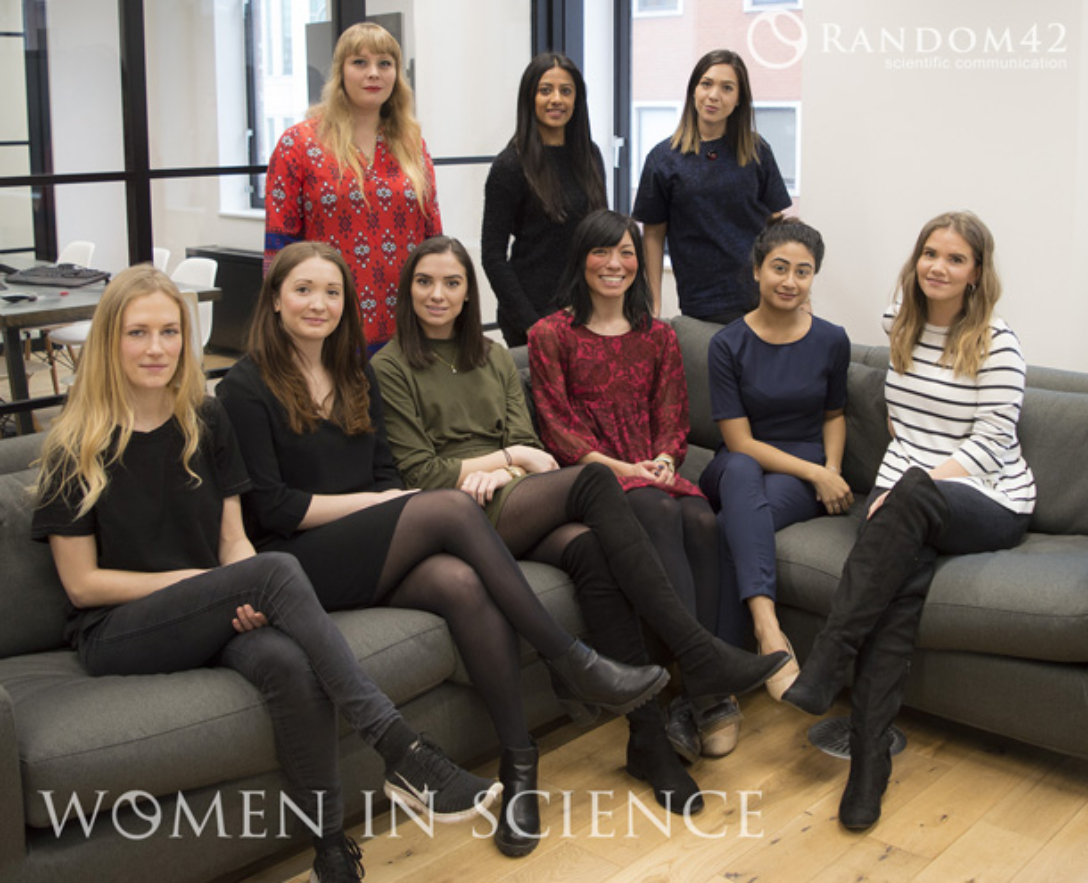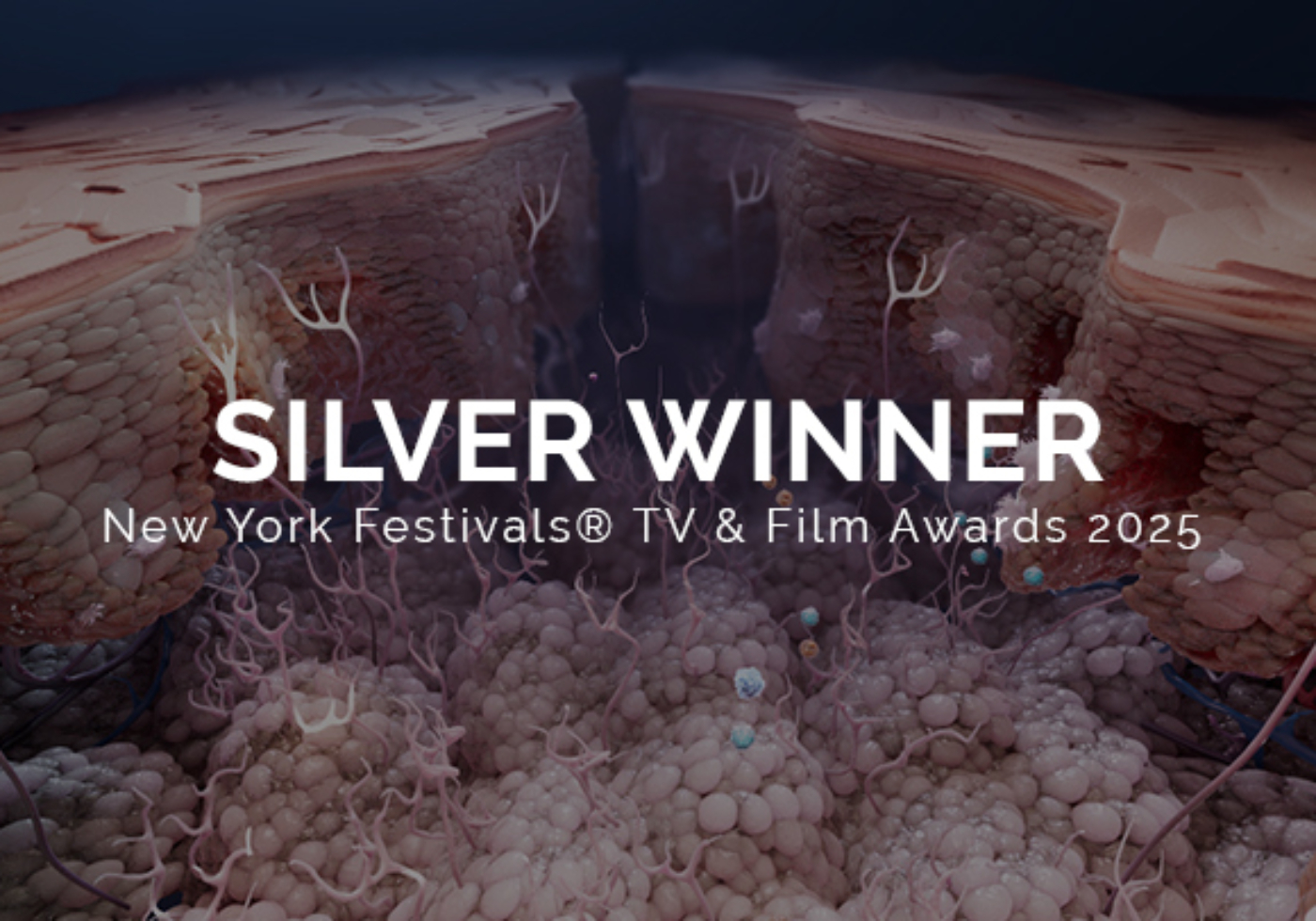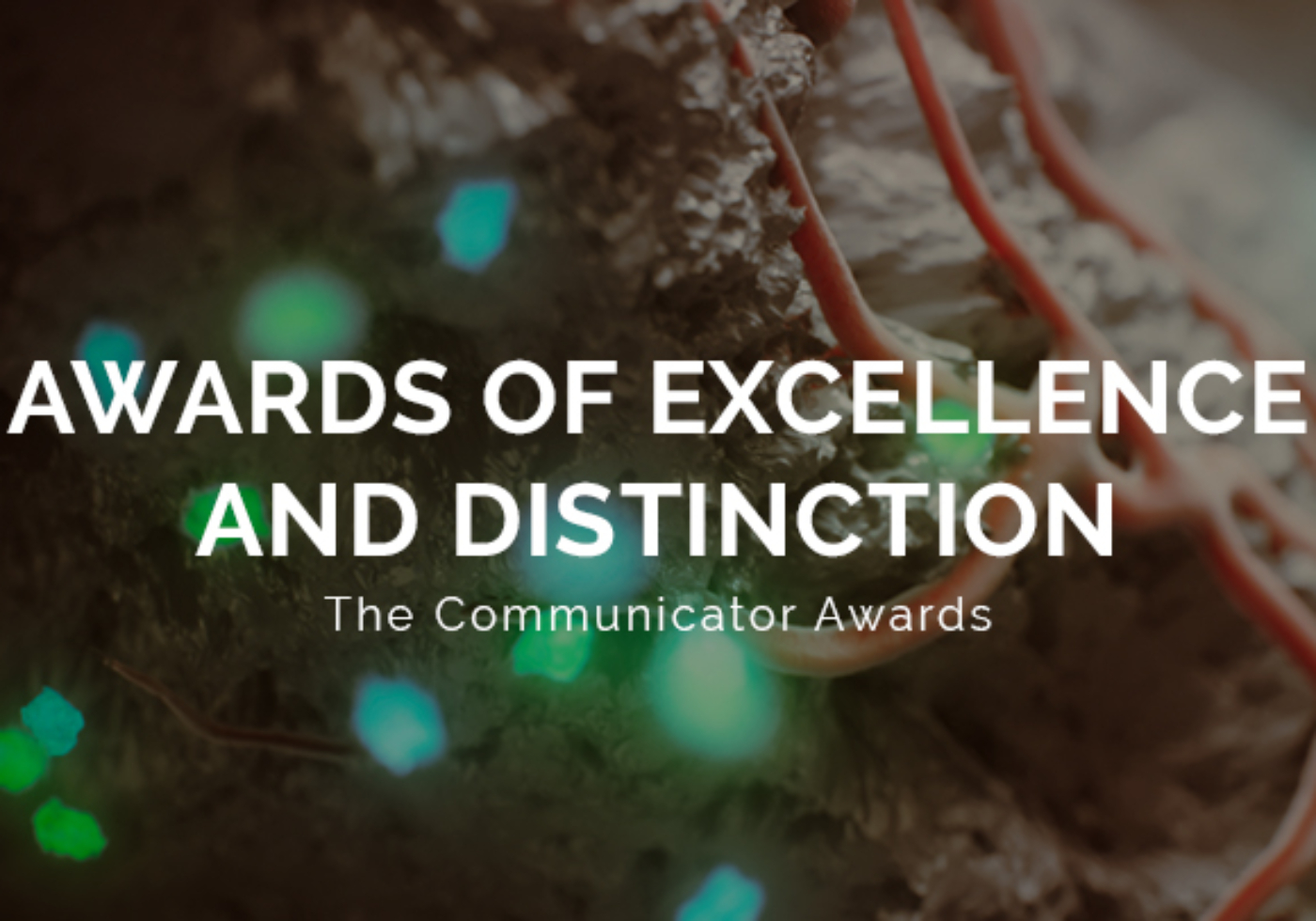Celebrating Women in Science 2017
February 11th 2016 marked the first International Day of Women and Girls in Science. This day was created with the aims of achieving full and equal access to science for women and girls, as well as further supporting gender equality and empowerment. A year on we celebrate the significance of this day by taking a closer look at Random42’s own women in science, as they share what first inspired them to follow this path and their thoughts on why celebrating and recognising women in science is so important.

Pooja Patel – Account Manager
MSci (Hons) Pharmaceutical Chemistry – Queen Mary University of London
“I chose to study science at university because to me science is simply finding patterns or rules in the chaos that is the natural world. When understood, you can start making sense of parts of the world that we did not understand before! A more recent inspiration has been a particular woman in science who I have huge admiration for, Emma Walmsley. Emma is the first female Chief Executive to run a major pharmaceutical giant, GSK, making her the most powerful woman in the industry. From studying classics and modern languages at the University of Oxford, she has been a member of GSK’s top executive team since 2011. Before joining GSK, she was at L’Oreal for 17 years and has worked in the UK, Europe, China and the US. It is truly inspirational to see where she has started from to becoming the most powerful woman in the industry. She is a real role model for young women.”
Elly Spreckley – Scientific Account Director
BSc (Hons) Physiology and Pharmacology – The University of Manchester
PhD Neuroendocrinology – Imperial College London
“As a child I always preferred science books to fictional stories, I remember some particularly fascinating ones with pop up body parts and the horrible science books, which sparked off my interest in science, particularly biology. My mum also used to work in a lab, so she probably went some way to influencing my choices. After studying science at university I realised that I wanted to pursue a career in medical writing, however, in order to follow this path a PhD would be necessary. This was a hard decision that was fully supported and encouraged by my female supervisor. I went on to do a PhD in an area I had previously enjoyed studying, the neuroendocrine systems that are involved in obesity & appetite, which seemed quite relevant to the current obesity pandemic. After this, I worked in science journal publication for a while before joining Random42, where I enjoy the balance between scientific writing and the more creative aspects of the job.”
Laura Price – Account Manager
BSc (Hons) Biochemistry – The University of Birmingham
“The main reason I chose science as a career path was because I found it so intriguing when I was younger (which is still true today!). The ability to do an experiment, calculate data or research the work of peers to find out the answer to that ever annoying question… “why?” – “Why is the sky blue?”, “why is yawning infectious?”, “why does hair turn grey”. From the more trivial questions at a young age, to the hard hitting science mysteries still apparent today, such as, “Why is there no miracle cure for cancer?” This inquisitive nature was encouraged by a fantastic chemistry teacher at secondary school, Mrs Burton, who really inspired me to further this interest. Additionally, the recent release of the biopic “Hidden Figures” film has really highlighted the necessity for the celebration and recognition of women in science and propelled the topic as a whole back into the media spotlight. This incredible untold story of Katherine G. Johnson, Dorothy Vaughan and Mary Jackson, three brilliant African-American mathematicians working at NASA, who served as the brains behind one of the greatest operations in history: The launch of astronaut John Glenn into orbit.”
Neelam Choudhury – Account Executive
BSc (Hons) Biomedical Science – Queen Mary University of London
“It was my A level science teacher Miss Sehmi who really inspired me to love science and choose this as a career path. She made me realise the true value of being an inquisitive person, and how this can really fuel your ambition to go much further in life. This is the reason why I enjoy science so much – The fact that with science there is always the necessity to ask why, or to go into more depth, it is never limited and it never limits you. My feelings regarding the importance of women and education (including science) can be summarised by this quote from Human Rights Activist, Malcolm X: “If you are in a country that is progressive, the women are progressive. If you are in a country that reflects the consciousness toward the importance of education, it is because the women are aware of the importance of education.”
Jessica Tierney – Account Executive
BMedSc (Hons) Medical Science – University of Birmingham
“My interest in science began in school; I was fascinated by the complexity of the unseen parts, processes and functions of the human body. The intricacy of our immune system and how it fights infection inspired me to complete my final year research project in a pneumococcal infection research laboratory, with the support of a dedicated female scientist as my supervisor. I am amazed by the constant advances and new discoveries in medical research, and the positive outcome this has on life is what has encouraged me to pursue a career in this field. I followed my passion from an early age and believe it is important for young girls to be encouraged to do the same despite any gender-related stigma that exists in this industry. My Medical Science course at university was a fairly even gender split and as a girl who has been lucky enough to never be subject to gender inequality in science, I feel proud that women are now being given as much of an opportunity as men to fulfil their ambition of working in a field as interesting, rewarding and diverse as science.”
Gabriella Andriesz – Account Manager
BSc (Hons) Biomedical Science – Nottingham Trent University
MSc Clinical Drug Development – Queen Mary University of London
“My desire to pursue a career in the scientific field was clear to me from a young age. I now know that it is a more profound love than what I watched religiously on Grey’s Anatomy. Despite being a naturally creative person that was involved in art and drama, I chose to specialise in science because of the positive impact I could make on another person’s life. However, this doesn’t mean that the creative side gets left behind, demonstrated by the way Random42 intertwines the two aspects seamlessly. The constant change and development in this industry mean that there are so many avenues to explore which is extremely exciting. However, this passion is represented in different ways to different people. If you are clear in your goals, it is your right to make this a priority and see it through! If you have the passion and desire for scientific advancement and utilise this to positively impact others, then there is no reason that any gender-related discrimination should hinder your life goal. Even in societies that make gender equality a priority, women are still underrepresented in senior-level positions. There need to be more women in the world like Rosalind Franklin, Marie Curie and Jane Goodall. Science is gender neutral and we should be reading more about the inspirational women in science from the past and present, and celebrating their work.”
Lucy Roberts – Marketing Manager
BSc (Hons) Chemistry – The University of Sheffield
MSc Science Communication – The University of Sheffield
“Growing up I was always an extremely inquisitive child who never stopped questioning everything around me. One thing that was almost always able to answer my incessant questioning was science! Throughout school this interest was encouraged and nurtured by various different teachers and as I got older I realised that scientific reasoning, supported with evidence, was the only answer that ever really satisfied my curiosity. I am a big believer in the necessity of celebrating and supporting women in science at every level. I also think it is extremely important to encourage young women to pursue scientific careers and provide the support required for them to do so. It is apparent in this article how vital role models were to Random42’s women in science, highlighting the need of young women to have accessible role models as a part of their support network. Whether that is a school science teacher, university supervisor, a family member, the first female Chief Executive to run a major pharmaceutical giant, or inspirational female scientists who helped make history! Each and every one of these role models is just as important as the next. I would like to thank all of Random42’s women in science who have helped share some really insightful and inspiring ideas about the importance of celebrating and supporting all women and girls in science!”
Are you interested in seeing how medical animation can help you?
Related news

Telly Awards 2025

New York Festivals® TV & Film Awards 2025

Viddy Awards 2025


